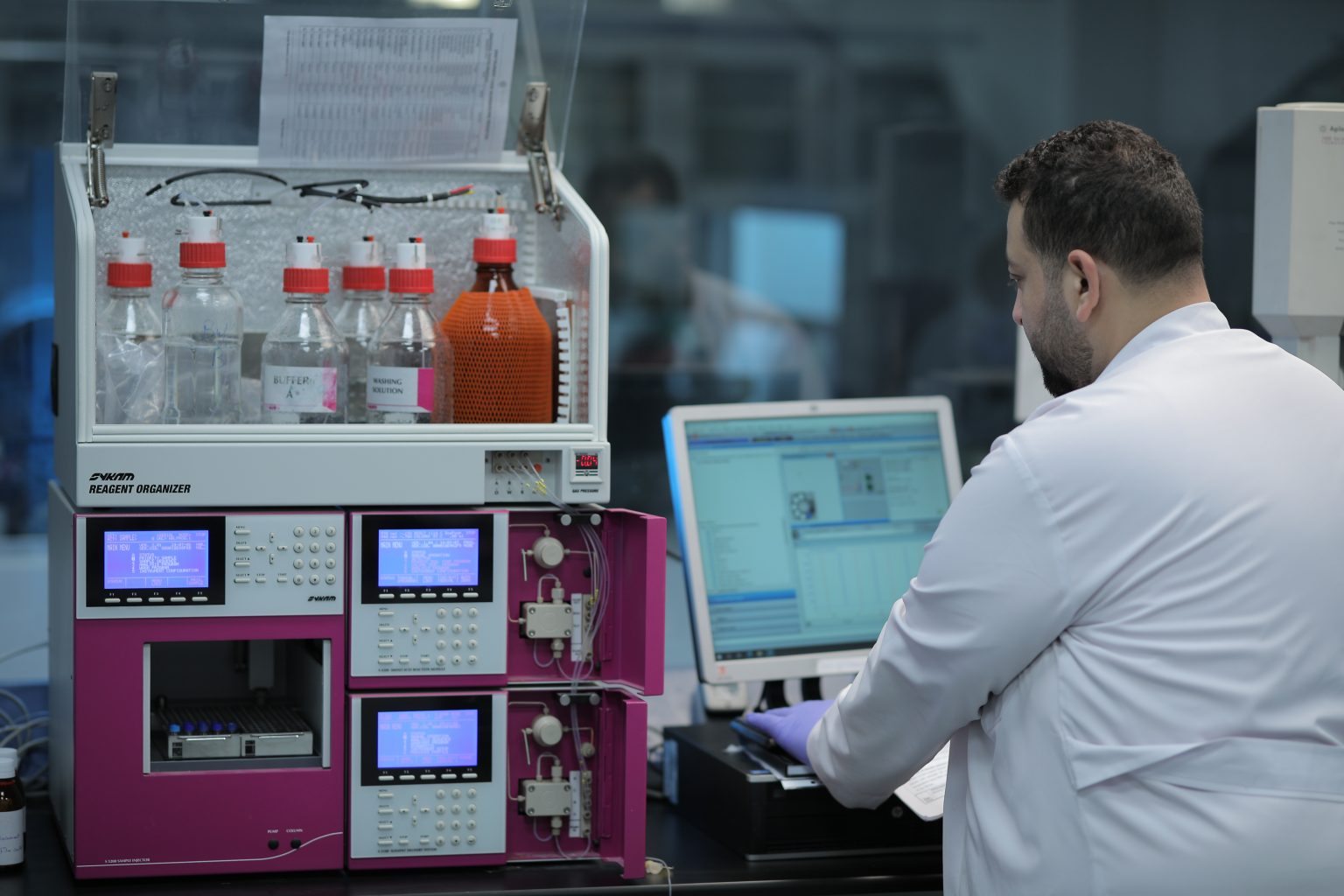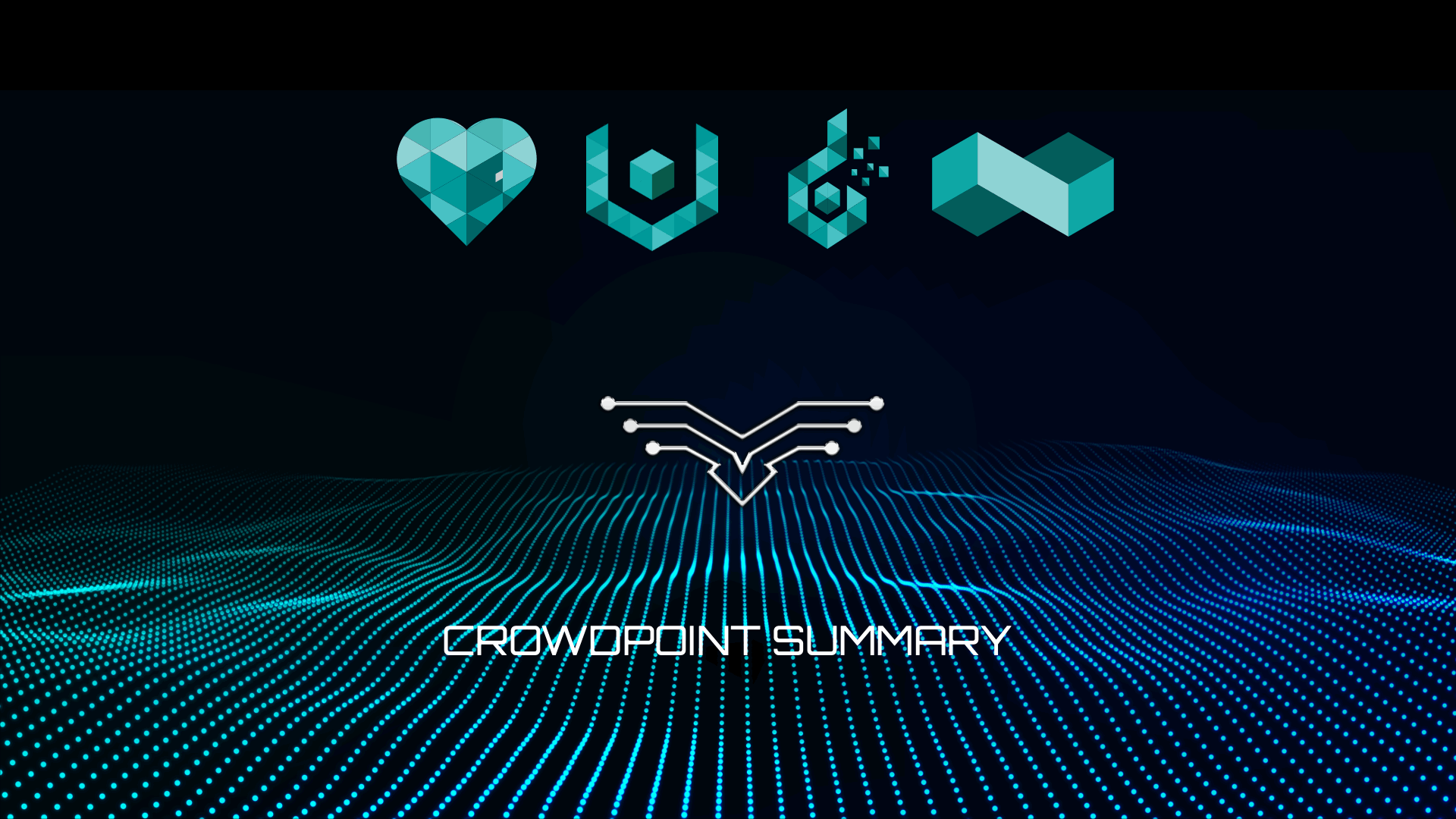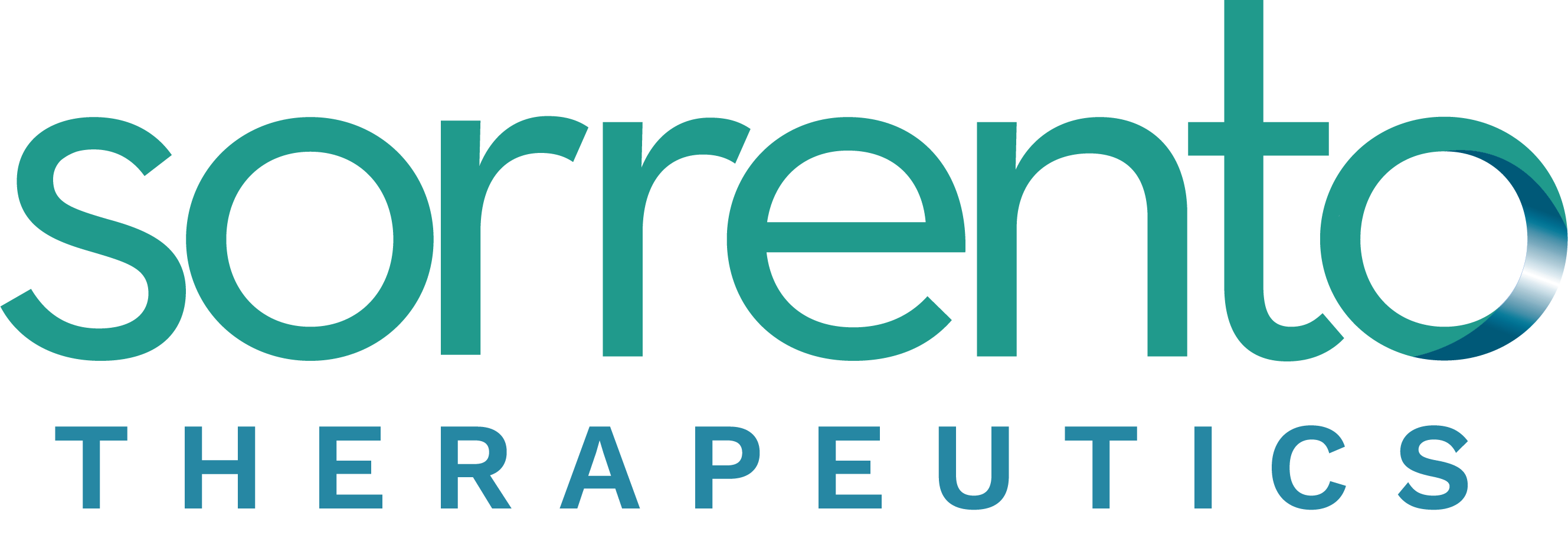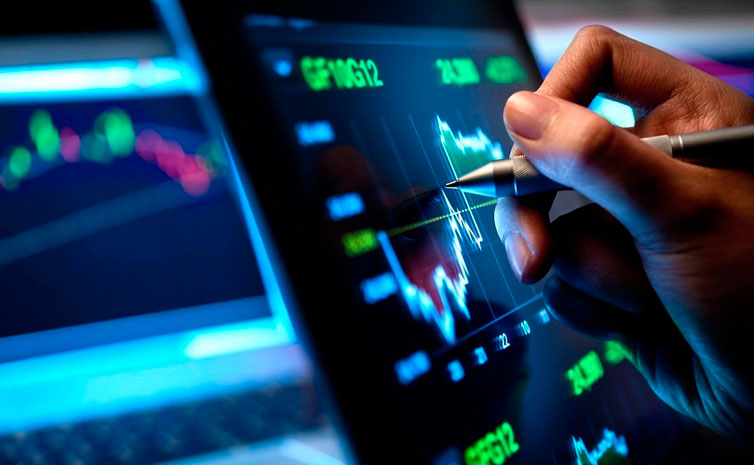The global halal industry is estimated to be worth around USD2.3 trillion (excluding Islamic finance). Growing at an estimated annual rate of 20%, the industry is valued at about USD 560 billion a year. Thus, making it one of the fastest growing consumer segments in the world. The global halal market of 1.8 billion Muslims is no longer confined to food and food related products. The halal industry has now expanded beyond the food sector to include pharmaceuticals, cosmetics, health products, toiletries and medical devices as well as service sector components such as logistics, marketing, print and electronic media, packaging, branding, and financing. In recent years, with the increase in the number of affluent Muslims, the halal industry has expanded further into lifestyle offerings including halal travel and hospitality services as well as fashion. This development has been triggered by the change in the mind set of Muslim consumers as well as ethical consumer trends worldwide.
The halal market is non-exclusive to Muslims, and has gained increasing acceptance among non-Muslim consumers who associate halal with ethical consumerism. As such, the values promoted by halal - social responsibility, stewardship of the earth, economic and social justice, animal welfare and ethical investment - have gathered interest beyond its religious compliance. The popularity of, and demand for, halalcertified products among non-Muslim consumers have been on the rise as more consumers are looking for high quality, safe and ethical products. No longer a mere religious obligation or observance for Muslims, halal (which means “lawful” or “allowable”) has become a powerful market force, becoming increasingly a world-wide market phenomenon for both Muslims and non-Muslims alike. The appendage of “Halal” to a product is not just a guarantee that the product is permitted for Muslims, but it has also become a global symbol for quality assurance and lifestyle choice.1 This is evident by the participation and involvement of nonMuslim countries and organisations where halal is fast emerging as the standard of choice. Many Western countries have recognized the emerging global trend in consumerism towards halal products and services, and are now racing to gain a footing in the halal industry. In lieu of the paradigm shift on global issues such as sustainability, environmental protection, and animal welfare, the potential growth of the halal industry has made it a lucrative market to be tapped into and presenting a major global opportunity. Players from every sector of the industry, from the huge multinationals down to small enterprises, are looking to capture their share of this growing market. In the last decade, the halal industry has undergone further evolution as a market force when governments have started to look at halal in terms of policy formation for developing their own economies.
A growing market force:
Muslims represent an estimated 23% of the global population or about 1.8 billion consumers with an average growth rate of 3% per annum.2 If this growth trend continues, Muslims are expected to make up about 26% of the world’s total projected population of 2.2 billion in 2030. The two strongest markets for halal products are the Asia Pacific and the Middle East. More than half of the global Muslim population lives in the South Asia and Asia Pacific and the number of Muslims from these region are expected to reach 1.3 billion by 2030.3 Four of the ten countries in the world boasting the largest Muslim population in the world are located in the South Asia and Pacific region: Indonesia, Pakistan, India, and Bangladesh.
Although Islam is often associated with the Arab world and the Middle East, this region is home to only 20% of the world’s Muslim population. This number is expected to grow by more than a third in the next two decades. Sub-Saharan Africa make up 15% of Muslims worldwide and is projected to grow by nearly 60% in the next two decades.
Increasing awareness of Muslim consumers on their
religious obligations has also contributed to the
increasing demand for halal products and services. The
demographics of Muslims have undergone significant
change in recent years. There is now a wave of religious
fervour amongst the rising social class of young, highly
educated, savvy and affluent Muslims, who embraces
an “Islamic contemporary with global lifestyle.” This new
generation of Muslims favours Western-style products
and aspires to a modern lifestyle as they become more
integrated into the global economy as consumers,
employees, travellers, investors, manufacturers, retailers
and traders. This has created a worldwide demand for
mainstream products and services that conform to
Islamic values.
Many are consciously seeking out products with an
Islamic brand.6 With Muslim youth now accounting
for 11% of the world’s population and representing just under half of the total global Muslim population,
demand for stylish halal brands is expected to increase
significantly. These young consumers are the future of
Muslim consumption, and fast becoming a new outlet
for future growth. Although their core religious values
remain the same as their parents, they are having new
expectations and desires for halal brands.
The growing Islamic consumerism among urban middle class Muslims in countries with a large population of
Muslims - such as Indonesia, Pakistan and Turkey - has
set a new trend in the halal market. This is reflected in
the mushrooming of an increasing number of religious themed products and services including banking,
tourism and fashion. Hence, the modern Muslim
consumes view halal products as not only acceptable
from a religious viewpoint, but also they imbue a sense
of pride and confidence.





